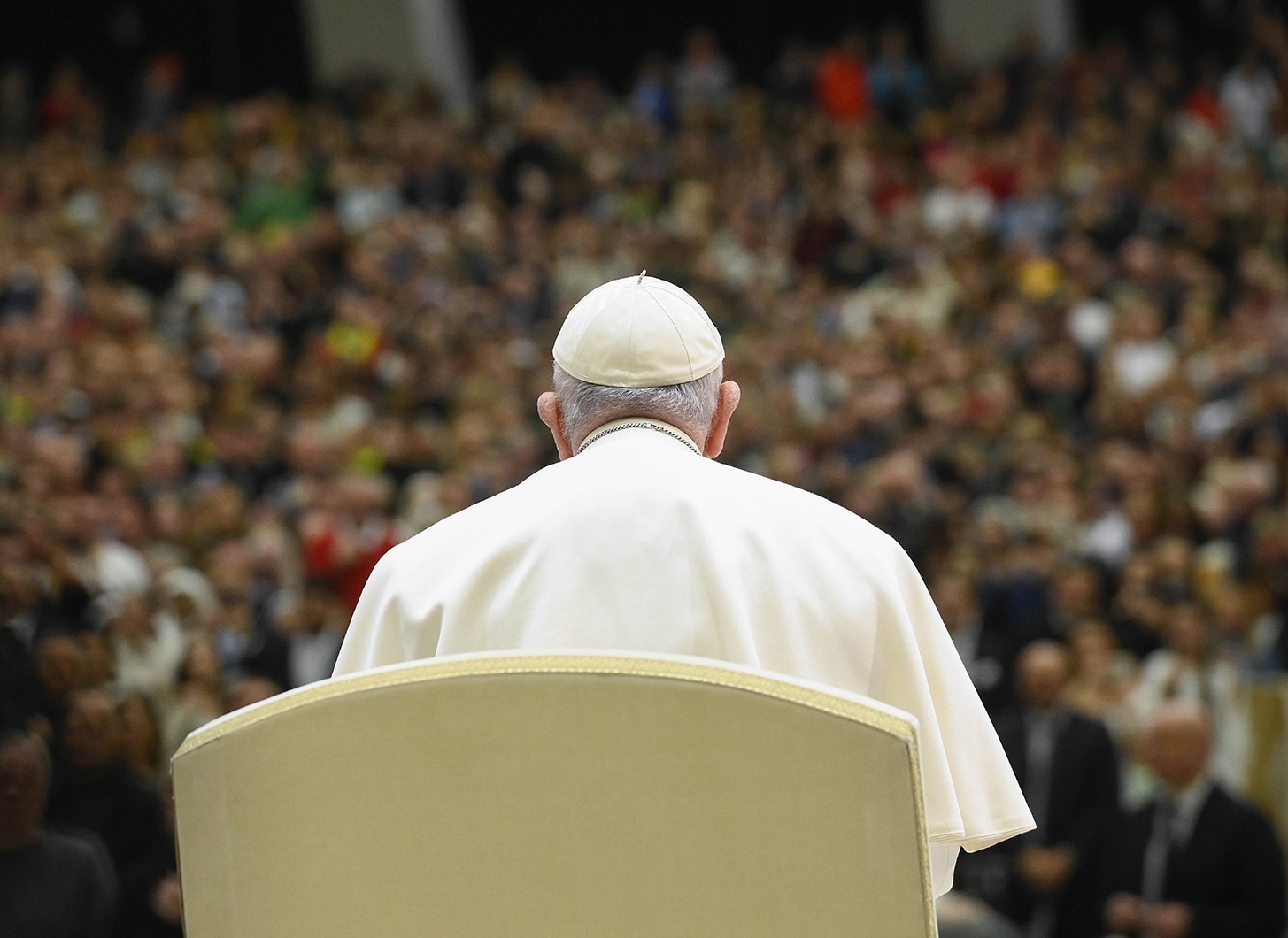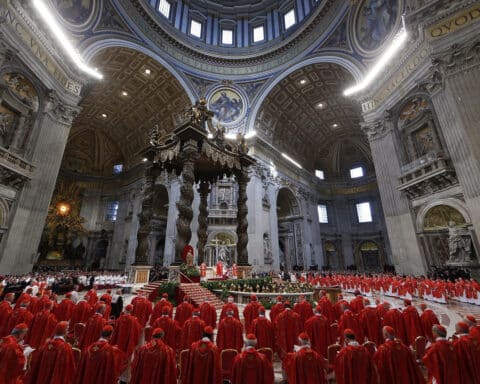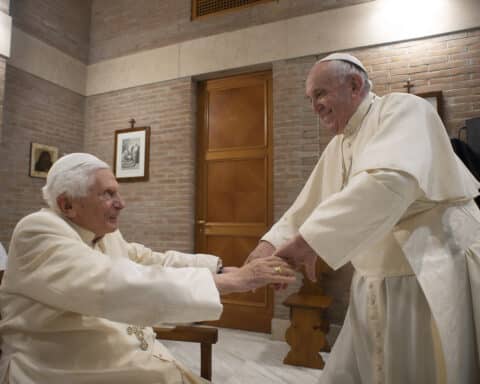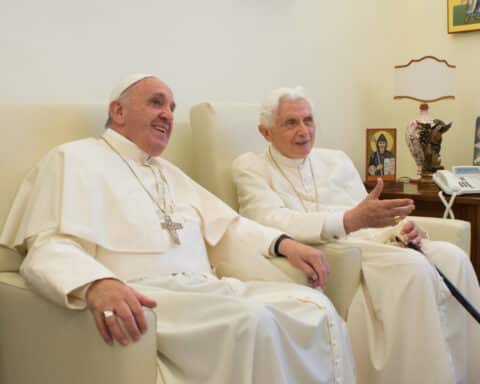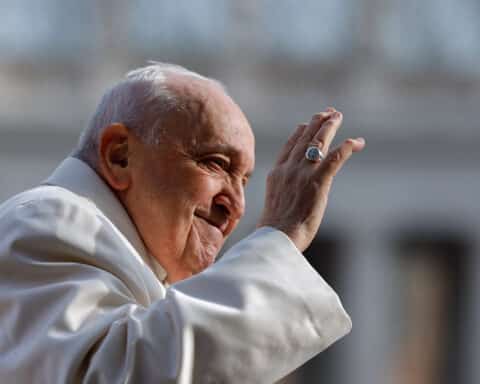This question first appeared in “Catholic and Curious” (OSV, $20.95), available at the OSV Catholic bookstore.
Question: A Protestant coworker said to me recently: “Who needs a pope? We have Jesus and the Bible and don’t need some man to tell us what to do.” How do I respond?
— Name withheld
Answer: At the heart of the office of the papacy is the uniting of the faithful around a visible vicar (or representative) of Christ. Denominations and groups that left the Church and severed their ties to the pope demonstrate this very fact by their subsequent disunity.
The historical fact is that tens of thousands of denominations have emerged in the wake of the Protestant movement that broke from the Catholic Church and rejected the pope’s authority. This rupture began in the 16th century. And though they claim that Scripture is the only source of authority and unity, the remarkable disunity among these non-Catholic denominations belies their claim. Simply put, if no one is pope, everyone is pope.
It is not enough to say, “The Bible clearly teaches A,” because too easily another person will say, “No, Jesus and the Bible actually say B.” Both camps are invoking the Bible and what they sense Jesus and the Holy Spirit are saying to them. So now what?
What usually happens is just what has happened among Protestants over the past 500 years: divisions into new denominations or branches of denominations. They all claim the authority of the Bible and the inspiration of the Holy Spirit but cannot agree even on essentials such as how one is saved, and if once saved are they always saved? They cannot agree whether baptism is necessary for salvation, on eschatology, etc. In more recent decades, Protestants also have had serious divisions regarding the moral issues of our time: abortion, same-sex unions, the morality of same-sex acts, euthanasia, etc. These are very serious divisions, and there is no real way for denominations in the Protestant tradition to resolve them. They claim Scripture alone is an adequate source of authority and unity. But without an authentic and authoritative interpreter, their own history shows that Scripture can divide as often as it unites.
A text, even a sacred text, needs an interpreter that all agree can authoritatively deal with differences. And this is a central reason why we need the pope. Jesus said to Simon Peter in Luke’s Gospel, “Simon, Simon, behold, Satan has demanded to have you, that he might sift you like wheat, but I have prayed for you that your faith may not fail; and when you have turned again, strengthen your brethren” (Lk 22:31-32). To sift is to divide. And knowing the devil’s intent, Jesus’ solution is to pray for one man, Simon Peter, so that Peter would unite and thereby strengthen the brethren. Peter and his successors, therefore, represent (not replace) Christ, and through the grace of Jesus’ prayer they accomplish the necessary work of uniting the Church. This ministry of unity is shown in many events in the Acts of the Apostles.

